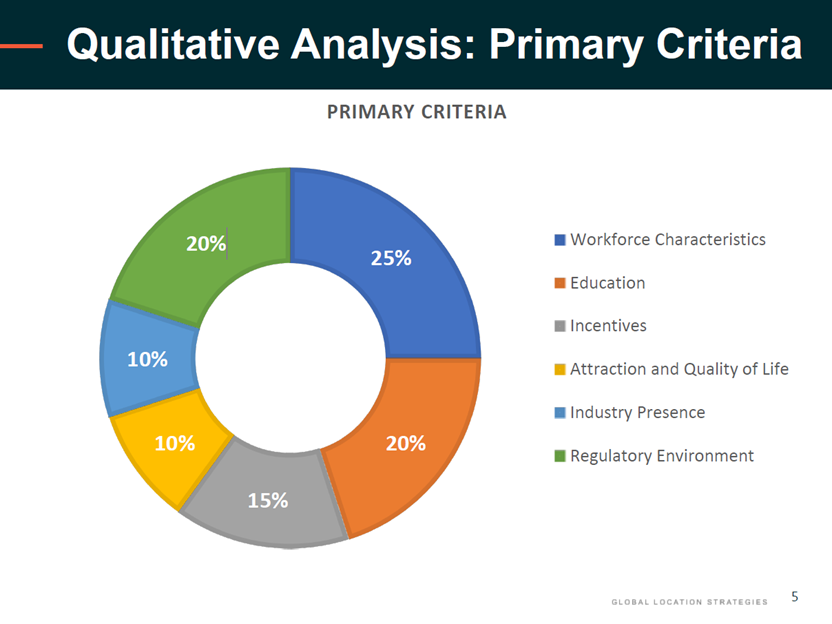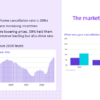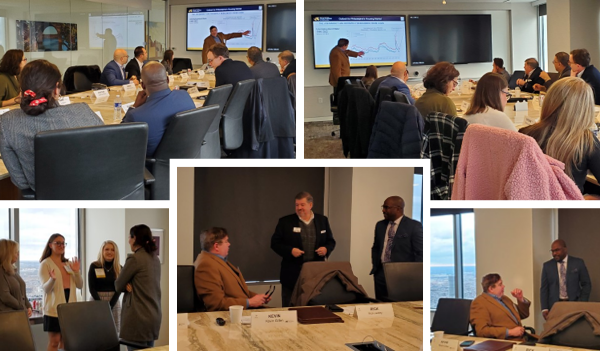Key Take Aways from Philadelphia March, 2021
• Selecting a location is an important decision for any company looking to relocate or expand. Using their technology and expertise, Global Location Strategies is able to analyze a variety of different factors to help choose the most efficient location to suit a company’s needs. (Susan Donkers, Global Location Strategies)
• The Southeast is a hotbed for manufacturing because labor, land and utility cost are well-aligned with the market there. (Susan Donkers, Global Location Strategies)
• Companies are looking to decide when and how (and if) to bring employees back to the office. Law firms have been functioning well and the general consensus is that they are not in a big hurry. (Bart Mellits, Ballard Spahr)
• Many employees really want to come back to the office, particularly younger staffers. Though they’re not requiring vaccines, most people want to get one when available. (Robert Bright, Talson Solutions)
• Ed Opall with EisnerAmper said that their firm is planning on reduced occupancy for the next 6-9 months and have switched to a reservation system for office space. Difficult for younger people who are not getting the same style of mentoring as in face-to-face situations.
• It is permissible to require employees to have the vaccine before returning to the office, provided they don’t have a medical issue or sincerely held religious belief that keeps them from getting it. (Bart Mellits, Ballard Spahr)
• Decisions about workers returning to the office have implications for retail, restaurants, public transportation that will need to be sorted out. (Michael Sklaroff, Ballard Spahr)
• Due to an impairment to the tax base, new or updated taxes may be necessary. Taxing “eds and meds” may be considered in Philadelphia. (Michael Sklaroff, Ballard Spahr)
• Focus has shifted from immediate responsiveness to longer term considerations in regards to the pandemic. Foot traffic remains down in Old City. Cities are considering removing regulations to make it easier to do business in the city. (Job Itzkowitz, Old City District)
• Activity and transactions are picking up. RFPs are coming out, especially from municipalities on the west and east coast. Looking to hire and demand for certain skills is increasing. (Robert Bright, Talson Solutions, Matt Hoffman, Chatham Financial)
• Interest rates are still historically low, but going up quite a bit, which is making hedging more expensive. Some people are thinking proactively about managing risk. (Matt Hoffman, Chatham Financial)
• They are seeing the market’s expectations for interest rates diverge from what the Fed is saying. (Matt Hoffman, Chatham Financial)
• LIBOR transition extended to 2023 and may live on beyond that in synthetic LIBOR. (Matt Hoffman, Chatham Financial)
• Insurance industry is in a hard market. Rates are up, terms are more stringent and there’s little room to negotiate. (Matt Musilli, Johnson, Kendall & Johnson)
• Last year’s Atlantic hurricane season set records – 30 storms with 12 that made landfall. Climate change may be an important factor moving forward, particularly in the insurance industry. (Matt Musilli, Johnson, Kendall & Johnson)
• In comparison to national averages and other northeast metropolitan areas, Philadelphia is doing well in regards to rents, rent growth and vacancy. (Paul Fiorilla, Yardi)
• Tax rates and “buy American” attitudes have resulted in some shifts in the types of locations people are looking for in properties. As a progressive city in a conservative state, Austin offers many best-of-both-worlds options and there is still room to expand into surrounding counties. (Susan Donkers, Global Location Strategies)
We help accelerate deal discussion and
follow-up by making it efficient,
accountable & measurable.
We provide senior commercial real
estate and development professionals a
meaningful way to exercise their
relationships.
We help you build trust and improve
credibility with the people you think
are important.






Recent Comments